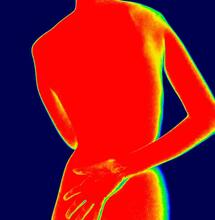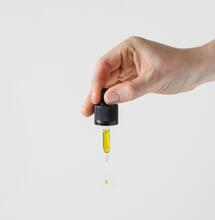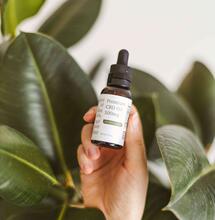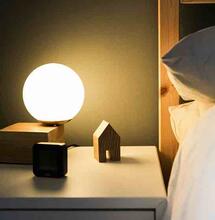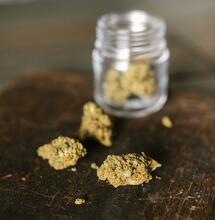Cannabis, Stress and Anxiety

If you live with stress or anxiety, you've probably come across some of the many claims surrounding the use of cannabis to relieve symptoms.
A 2017 national survey of over 9,000 U.S participants found that 81 per cent believed cannabis had at least one health benefit. Nearly half of those surveyed listed "anxiety, stress, and depression relief" as one of those potential benefits.
But there also seem to be just as many people who say cannabis makes their anxiety and stress worse. So, what's the truth? Is cannabis a treatment for stress and anxiety or not?
How can it help
There's no question that many people use cannabis for anxiety.
Commonly reported benefits of cannabis include:
- improved sense of calm
- enhanced relaxation
- sounder sleep
Users have reported these benefits along with others, including greater peace of mind and reduced symptoms they found unbearable.
A 2015 review endorses CBD as a potentially valuable remedy for anxiety and stress. There's also some evidence that THC may help in low doses.
Whilst it's not a total cure, most people convey that it helps reduce their overall distress.
How can cannabis negatively affect symptoms?
While cannabis appears to help some people with anxiety, it has the opposite effect on others. Some don't notice any effect, while others experience worsening symptoms.
THC, the psychoactive compound in cannabis, seems to be a significant factor. High THC levels are associated with increased anxiety symptoms, such as increased heart rate and racing thoughts.
In addition, cannabis doesn't appear to offer the same long-term effects as other anxiety treatments, including psychotherapy or medication. Using cannabis may provide some much-needed temporary relief, but it's not a long-term treatment option.
Like any medicine, cannabis can provide support. However, without lifestyle changes or internal work on mental health, your anxiety will presumably stay in some form if your stressors or anxiety triggers remain."
While cannabis might seem like a way to avoid the potential side effects associated with prescription medication, there are still some downsides, including
- increased heart rate
- increased sweatiness
- racing or looping thoughts
- problems with concentration or short-term memory
- irritability or other changes in mood
- paranoia
- hallucinations and other symptoms of psychosis
- confusion, brain fog, or a "numb" state
- decreased motivation
- difficulty sleeping
Suppose you're curious about trying cannabis for anxiety or stress. In that case, there are a few things you can do to reduce your risk of it worsening your anxiety symptoms.
- Go for CBD. If you're new to cannabis, start with a product with only CBD or a much higher ratio of CBD to THC. Higher levels of THC are thought to be what worsens anxiety symptoms.
- Go low. Start with a small dose and wait a good while to feel the effects before taking any more.
- Be aware of interactions. Cannabis can interfere with or decrease the effectiveness of prescription and over-the-counter medications. Always talk to your doctor or pharmacist if you are already taking medicines for your symptoms.
- Tell your therapist. If you're working with a therapist, let them know too. They may be able to evaluate how well it's working for your symptoms and offer additional guidance.
Cannabis, particularly CBD and low levels of THC, shows a possible benefit for temporarily reducing anxiety symptoms.
If you try cannabis, keep in mind it increases anxiety for some people. Before you try it, there's no way to know how it will affect you. Be cautious and stick to smaller doses to start with.
